Leslie Morris Envisions Future With Women of the Dream
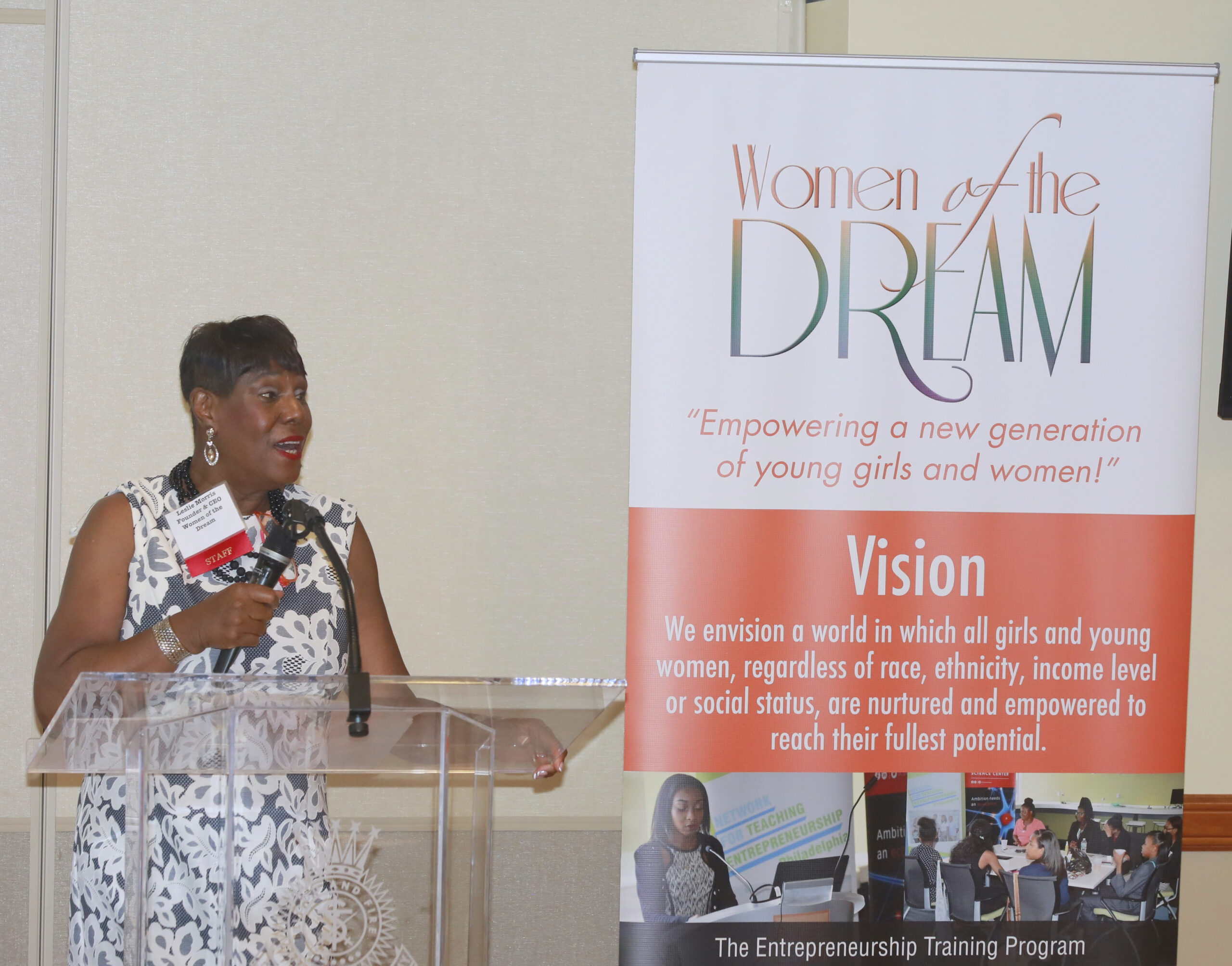
Leslie Morris speaks at a Women of the Dream event. Photo courtesy of Leslie Morris
By Clyde Hughes | AC JosepH Media
CAMDEN – Leslie Morris says she often ask the girls involved with Women of the Dream – an organization she created to prepare African-American girls for personal, career, and economic success – “What is your 10?”
“[The question means] what motivates you to get out of the bed every morning to face a new day,” Morris recently told Front Runner New Jersey.com. “It’s a question that prompts them to think about their lives and what’s important to them. For me, my 10 is my organization – Women of the Dream – specifically my girls and the opportunity to make a positive impact on their lives each and every day, each and every moment I am with them.”
Today, Women of the Dream, a name that harkens back to the Civil Rights Movement and Rev. Martin Luther King Jr.’s iconic “I Have a Dream” speech, have served more than 300 girls in the Camden area ages 12 to 18 with life skills programs, college prep and workforce readiness events, STEM conferences and scholarship programs.
Morris is a nationally-known, award-winning healthcare professional, specializing community health centers, school-based HIV testing on a countrywide level and adolescent care. Women of the Dream, which was launched in 2012, is her passion.
The organization was formed in collaboration with the Campbell Soup Co., lead then by Chief Executive Officer Denise Morrison, a high school classmate of Morris.
READ: Cynthia Primas Designs ‘Creative Oasis’ For Students With IDEA
“Our model is school-based in that we coordinate program services and activities through partnerships with middle and high schools, and provide group services during the course of the school day as opposed to after school,” Morris said. “One of our goals is to expand our program services to girls in charter and other nontraditional public schools in the city of Camden.”
How Ya Like Me Now
Morris, though, never expected Women of the Dream to become a nonprofit organization, much less one that has had such an impact on Camden girls over the past six years. She wrote her first book, “How Ya Like Me Now!, in 2007, an inspirational autobiography that gave vivid snapshots into her life growing up in public housing in Long Branch. She used the book as a way to inspire and motivate young people.
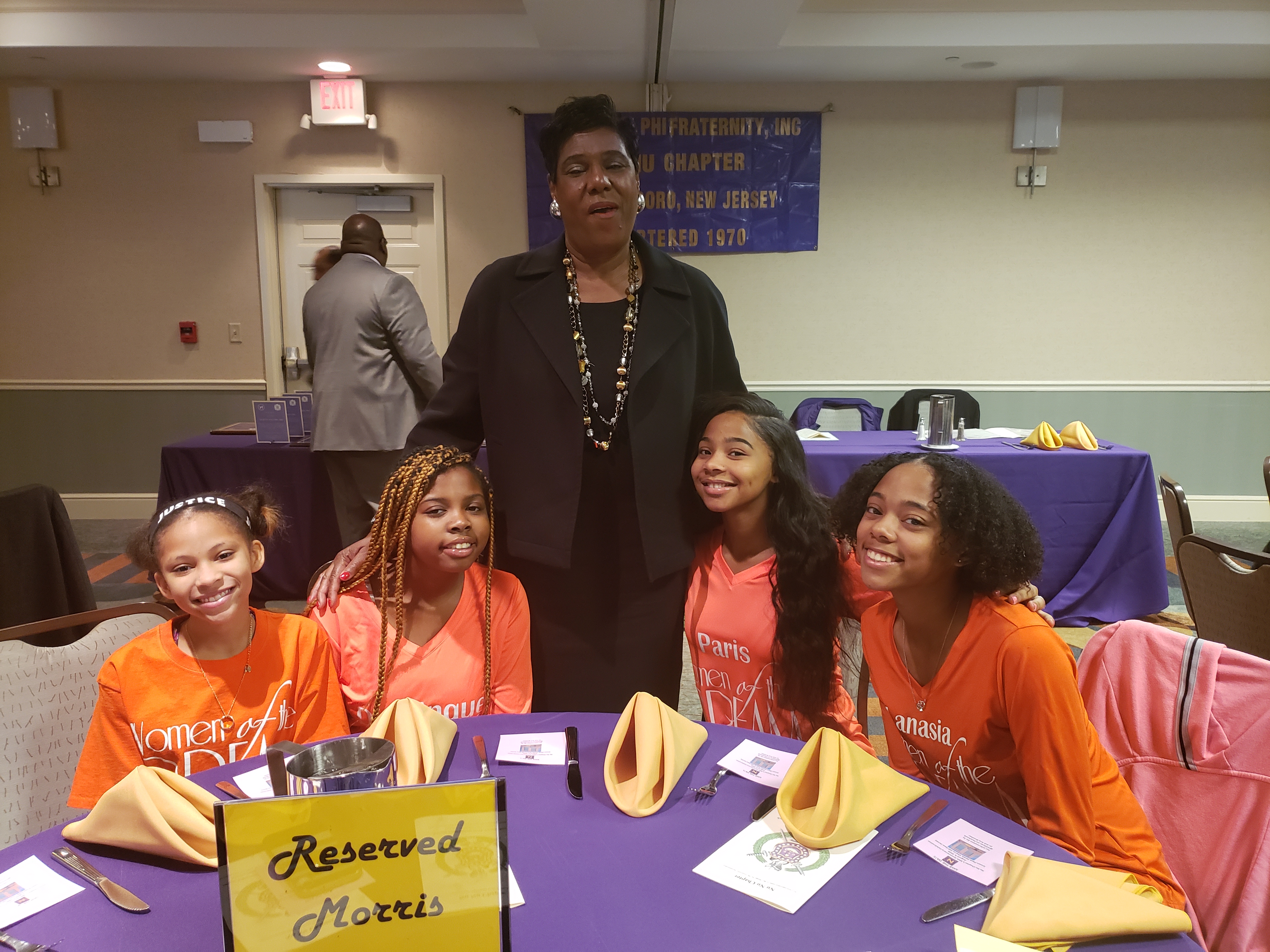
A graduate from all-women Simmons College, now Simmons University, in Boston, Morris, with the help of Campbell Soup, gathered 32 black graduates from there in 2012 to talk about their experiences attending school at the institution doing the Civil Rights Movement along with their personal and professional lives.
Their stories and the following discussions in the focus group led to the creation of Women of the Dream two years later.
Profiles and Stories from The Dream
“The intent was to document their profiles and stories in a book project and what would’ve been my second book,” Morris said. “However, as the project evolved, the overwhelming consensus was that an organization serving girls and young women would have a greater and lasting impact than a one-time book project.
ADV: Support Front Runner New Jersey.com. Find Out How Here
“By 2014, and with financial support from Campbell Soup Company, Women of the Dream was transformed from a book project to full-fledged organization that has served more than 300 girls in the city of Camden. Today, Women of the Dream is a vital part of the Camden city school district and the Camden community with partnerships that include Campbell Soup Company, Subaru, American Water Company, Rutgers-Camden, and other entities,” she continued.
Morris said she recalled having a conversation with Morrison about her fellow Simmons classmates and how she had been tracking their success, particularly the ones born from 1945 to 1957 and raised during the heart of the Civil Rights Movement.
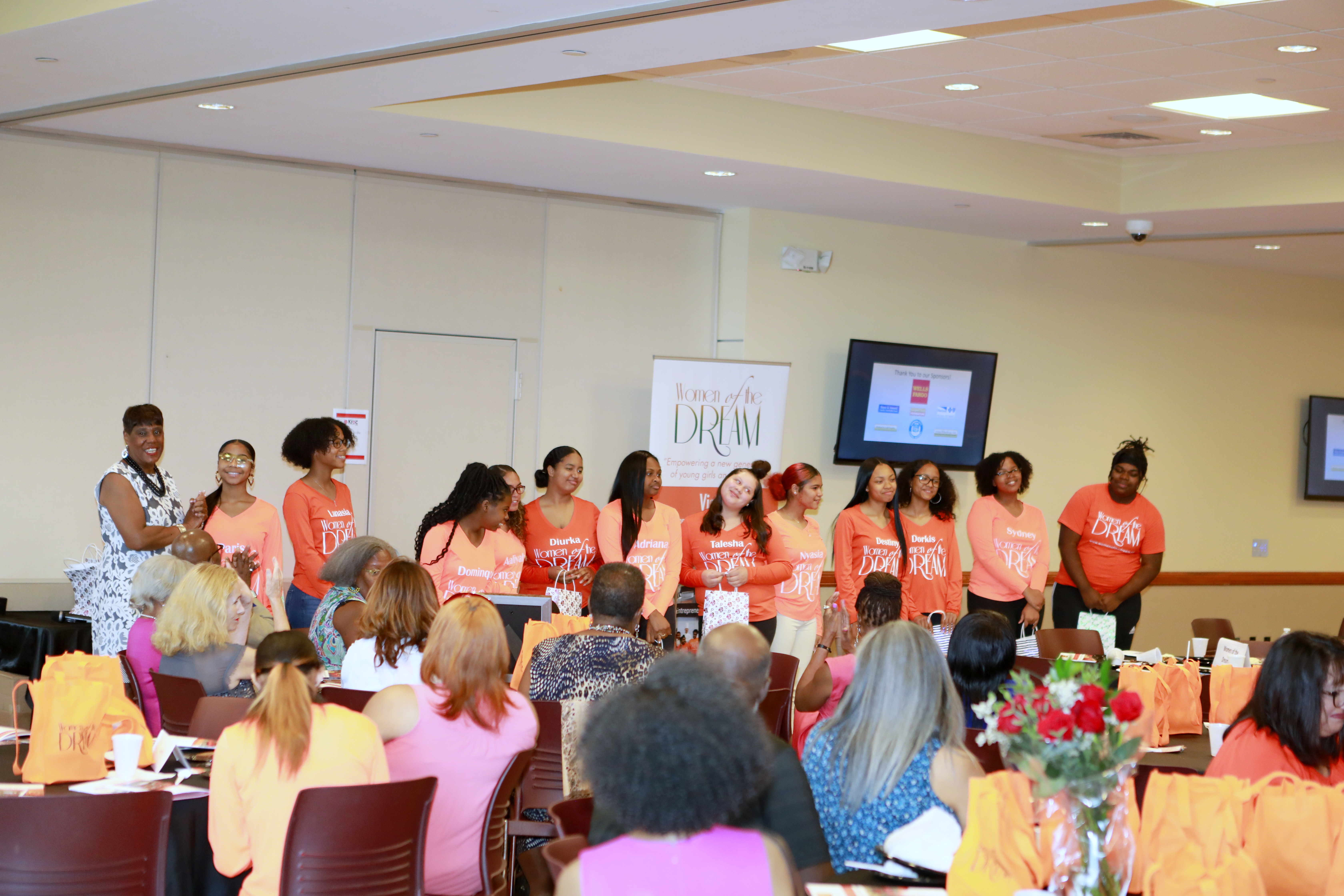
“Well, we are all women of the dream,” Morris said she remembered telling Morrison. “We were the benefactors of the Civil Rights Movement that opened doors that were closed to our parents and grandparents,” Morris said. “We were the integration generation. As women, we were the women of the dream, meaning women in our generation had achieved a level of success that were denied our parents and grandparents in the Jim Crow south and throughout the country.
“Many of us went on to become doctors, lawyers, engineers, teachers, scientists, entrepreneurs, journalists, social workers, business leaders in corporate America, and other professionals. Many, like me, were the first in the family to graduate from college. … Denise, with her passion for preparing girls of color for leadership, offered to assist me in bringing my vision to fruition,” Morris said.
Women of the Dream still has a connection with Campbell Soup. Morrison retired in 2018.
“When [Denise Morrison] left, we lost the financial support (which is not unusual when there is a change in leadership) but we still have office space for meetings and special events for our girls and the community at large. This helps us to keep our overhead at a minimum which translates into more dollars for program services.”
Role Model for All Girls
Morris said she hopes she has ben a role model for all girls, regardless of their career choices and wants them to believe they can have success regardless of their field.
“I see myself as a role model for young people who are goal oriented, regardless of the career path,” Morris said. “What I emphasize with young people is that there are two types of success: personal and career success. Both are important. Personal success is living your life with integrity and dignity, regardless of your career path or occupation.
READ: Rutgers-Camden’s Dr. Nyeema Watson Proud of Hometown Roots
“Personal success is being able to close your eyes at night at peace because you know that you did your very best to be the person God has called you to be during the course of the day. This sense of peace should come whether you are a doctor or a sanitation worker. Career success is having pursued a path that you are passionate about, that makes you happy, that allows you to earn an honest living, that pays you enough to pay bills, and to care for self and family.
Finding Success in All Careers
“I also emphasize that there are many avenues to career success; college is just one avenue. So many young people feel pressured to go to college when there are many occupations that doesn’t require a college degree (police officer, fireman, carpenter, electrician, dental hygienist, X-ray technician, EMT, correction officer, and many other occupations). These and other blue collar occupations can and often do lead to fulfilling careers and better than average pay (and in some instances higher pay than white collar occupations),” Morris continued.
Morris touched on numerous other topics with Front Runner New Jersey.com.
FRNJ: Talk to me about your book and how you hope your life story continues to inspire others?
Leslie Morris: Writing my book was extremely cathartic for me because in writing I was also reflecting on my experiences and thus gaining more insight and understanding of how those experiences have shaped the person and woman I am today. We, as human beings, are the sum total of our experiences – some good, and some not so good – and our interpretation of those experiences. I wrote the book to inspire others, particularly young people, to use the challenges and painful experiences to MOTIVATE rather than fail in life. “I can and I will, WATCH ME†is one of the best motivational quotes I have read. It speaks to the will and determination to succeed despite what others think or believe about your ability to succeed. I came up with my book title “How Ya Like Me Now†because there were people in my life who made predictions about how I would “turn out†based on problems and challenges I encountered growing up. “That girl is going to end up in prison,†or, “She ain’t gonna do nothing in that college. She’ll be back home pregnant.†“I can and I will, watch me,†motivated me to defy the odds, and “How Ya Like Me Now†was both a question and answer to the naysayers that said I would never be nothing in life. Words are powerful, and young people can’t be expected to combat these negative messages without help from adults who’ve been there. I have used my experiences to help young people overcome some of the same obstacles I was faced with as child growing up in public housing.
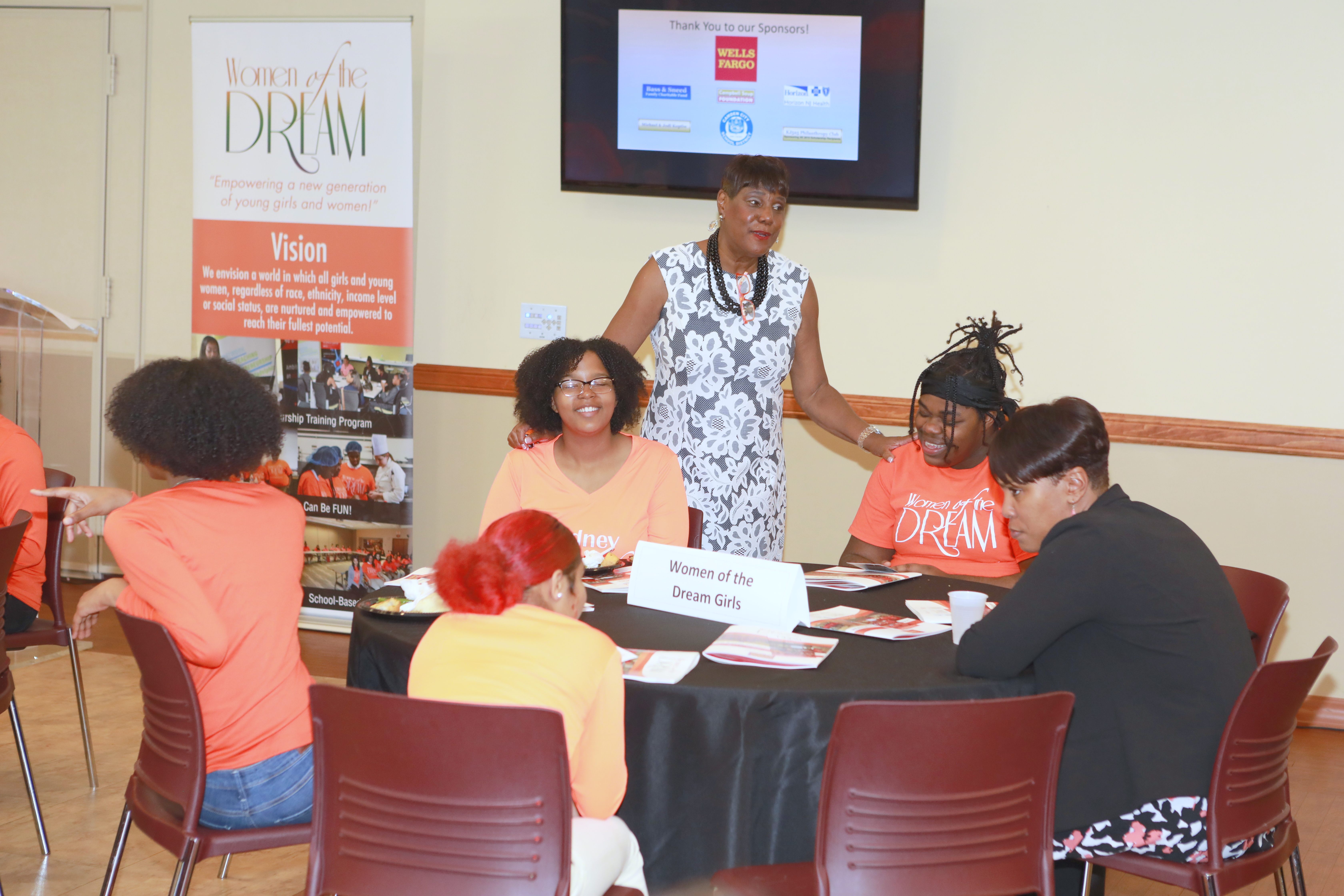
I have many fond memories of my childhood and adolescent years. Growing up in the 50s and 60s was a great time in our history as black people. But as noted, there were also challenges – challenges within my family, my community, my interpersonal relationships, etc. Those challenges caused me to rebel, act out, get into trouble. And I documented those challenges in my book because they were part of my journey. (To have done otherwise, would have been less than authentic). There were people in my community who protested the release of my book because I used names and real life experiences. It’s not that what I said was untrue but rather that I had the audacity to document it. It got ugly, but fortunately there were more people who were supportive of rather than opposed to the book.
The point of the book was to not only document what life was like for kids like me, those of us born and raised in the 50s and 60s – the good and bad of family life – but how I used those experiences to motivate rather than hold me back in life. The naysayers were right: I was on a path that could’ve easily landed me in big trouble, outcomes that I saw family and friends fall prey to. However, I made a choice (and it is a choice) to change the narrative of outcomes typical for kids with my experiences. And I use my experiences and the change factors in my work with girls through Women of the Dream.
FRNJ: You were your inspirations growing up? Your bio mentions having strong men and women of faith in your life.
Leslie Morris: Absolutely! The strong men and women of my growing up years were the best part of my childhood experiences, and like all my experiences, have shaped who I am today. I was raised by strong men and women who had migrated from the Jim Crow south with nothing more than the clothes on their backs and a strong desire to see their children achieve what had been denied them as children and grandchildren of slaves and the post slavery era. My mother, father, grandmothers, aunts, uncles, older cousins, and other adults who lived in my small, close knit community in Long Branch came from the south with cultural norms rooted in a strong belief and faith in God, hard work and perseverance, and hope for a better future for their children These beliefs and norms were played out in many ways, chief among them being attendance at church. Church was not a choice (as it is today for too many children). It was a mandate – hands down! As teenagers, when parties and hanging out with friends were common, our parents would warn us that no matter what time we came in on Saturday night we were getting up for Sunday school and church the next morning. Church and the lessons learned through the study of the bible were the very foundation upon which we were expected to build and lead our lives as adults. The adults in my community had faith in God and the power of prayer, and they passed this on to their children.Â
I didn’t fully appreciate the significance of having been reared by strong men and women of faith until I was on my own in college. They prepared me to survive some crucial times during the college years. There have been many times during my adult life when I could hear my grandma saying, “I know you know better, child†when I was hell bent on doing the wrong thing. Although I have lots of questions about religion and the role of God in my life today, I am eternally grateful for the values and life lessons that were passed onto me by strong women and men of faith.
FRNJ: How do you see the organization growing over the next five years? What are its signature events?
Leslie Morris: We – meaning the board of directors – have a strategic planning meeting on March 14, 2020. During this meeting we will come up with a five year plan to take the organization to the next level. One of our goals is to build the organization’s infrastructure so that we can expand program services to more children in Camden and throughout the state of New Jersey. Building our infrastructure means moving beyond the small grant dollars that we tend to apply for to positioning ourselves to receive the larger grants ($100,000 or more) so that we can hire the staff that is necessary to expand program services. Currently, I am the only full time staff member. It’s just me! Of course, I rely on volunteers and vendors to assist in getting the work done but that’s not enough. I need a staff to take this organization to the next level. Frankly, I am running myself “ragged†trying to keep up the pace and meet the demands of a growing organization. I get requests all the time to bring program services to other schools and areas outside of Camden. I am not able to do so because I don’t have the resources – financially or otherwise. So again, strengthening the infrastructure by increasing the dollar amount and hiring staff is an important move strategically over the next few years. Additionally, my goal (not sure it is something the board is thinking about) is to change our mission to include boys in our target population.
Currently our signature event is our annual scholarship and award program held in June of each year. The upcoming event, June 13, 2020, will be our fourth annual scholarship event. To date, we have provided scholarships to 13 girls totaling close to $35,000. They are studying at institutions such as Cornell, NYU, Rutgers University, Ursinus College, Snow College, Caldwell University, Fairleigh Dickinson University, and other institutions. Our very first cohort of scholarship recipients in 2017 are now juniors or rising seniors. We are very proud that all of our scholarship recipients are still in college, doing well, and looking forward to bright futures. However, we need to increase the number of fundraisers each year so that we can expand our giving to college bound girls beyond Camden.
FRNJ: Where do you see yourself in five years?
Leslie Morris: Still making a difference in the lives of young people but at a level where I am reaching more young people such as through radio or television, or by partnering with a national organization that has a larger reach. I hope to write a second book within the next five years as well.
FRNJ: Anything else you would like to add?
Leslie Morris: Yes. It’s been a journey, and a good journey for the most part. I have been blessed in so many ways, and I am grateful to have had the opportunity to work with and make a difference in the lives of young people not only through Women of the Dream but through other avenues in my adult life. I have run programs for young people throughout my career, and have mentored young people both formally and informally. I believe I am living my purpose, doing what God has called me to do. Yet by no means am I without struggle in my life. I am human and realize that there are areas in my life that I have not been so successful. I have failed miserably in my personal relationships with men. As a result, I never married. I never envisioned living life without a companion. Like most women, I thought I would one day find the man with whom to share my love and life. But it never happened. I continue to struggle with understanding why I have gone through my adult life not having the love I believe I want and deserve with a good brother (I have no interest in dating outside of my race). Yet, at the same time (and it may sound contradictory but it’s not) I am okay with the status of single, never married African American woman because I am proud of what I have accomplished on my own. I have a lovely home and other material things that I enjoy. I made sure that I received enough education to be able to take care of myself, to get the things that I want in life without needing a second income. It’s so important for women to strive for this level of independence and more so if you are a successful African-American woman. Statistically, successful black women are the least likely than any other race or gender to marry.
So, I tell my girls a couple of things. One, strive for financial independence so that you can get the things you want and need without having to rely on someone else. A partner should add to or complement what you have already created for yourself. Two, it’s okay to WANT a relationship but it’s never okay to NEED a relationship. The latter finds too many women in abusive and other forms of unhealthy relationships because they are desperate to be in one. I teach my girls to have and set standards in their relationships, lest they fall for anything. The most popular topic in our life skills program is how to select a life mate. The girls love this topic because they are not getting this information elsewhere.
Finally, I teach my girls the importance of self-love because in the final analysis, whether they are in a relationship or not, self-love is the greatest love of all.
Note from AC Joseph Media: If you like this story and others posted on Front Runner New Jersey.com, lend us a hand so we can keep producing articles like these for New Jersey and the world to see. Click on Support FRNJ and make a contribution that will go directly in making more stories like this available. Thank you for reading.
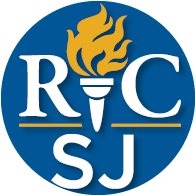
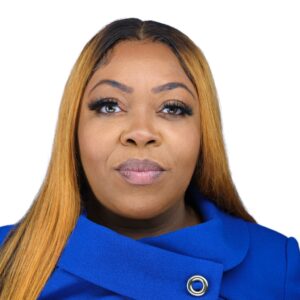
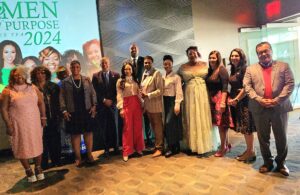

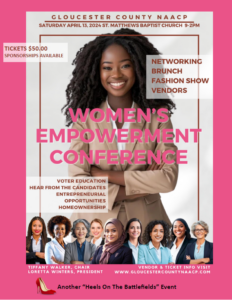
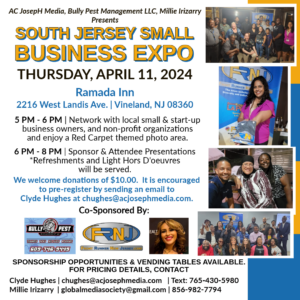
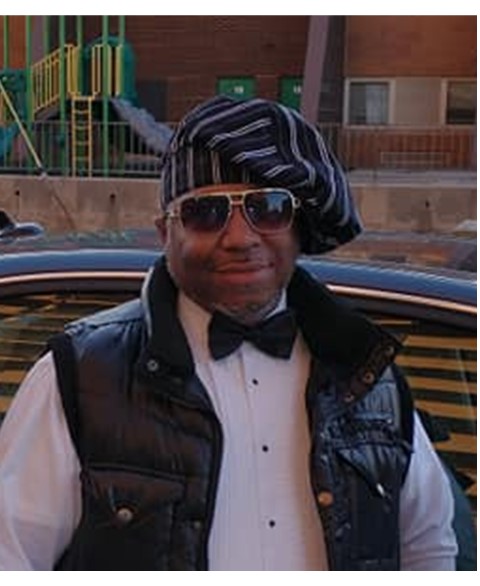
5 thoughts on “Leslie Morris Envisions Future With Women of the Dream”